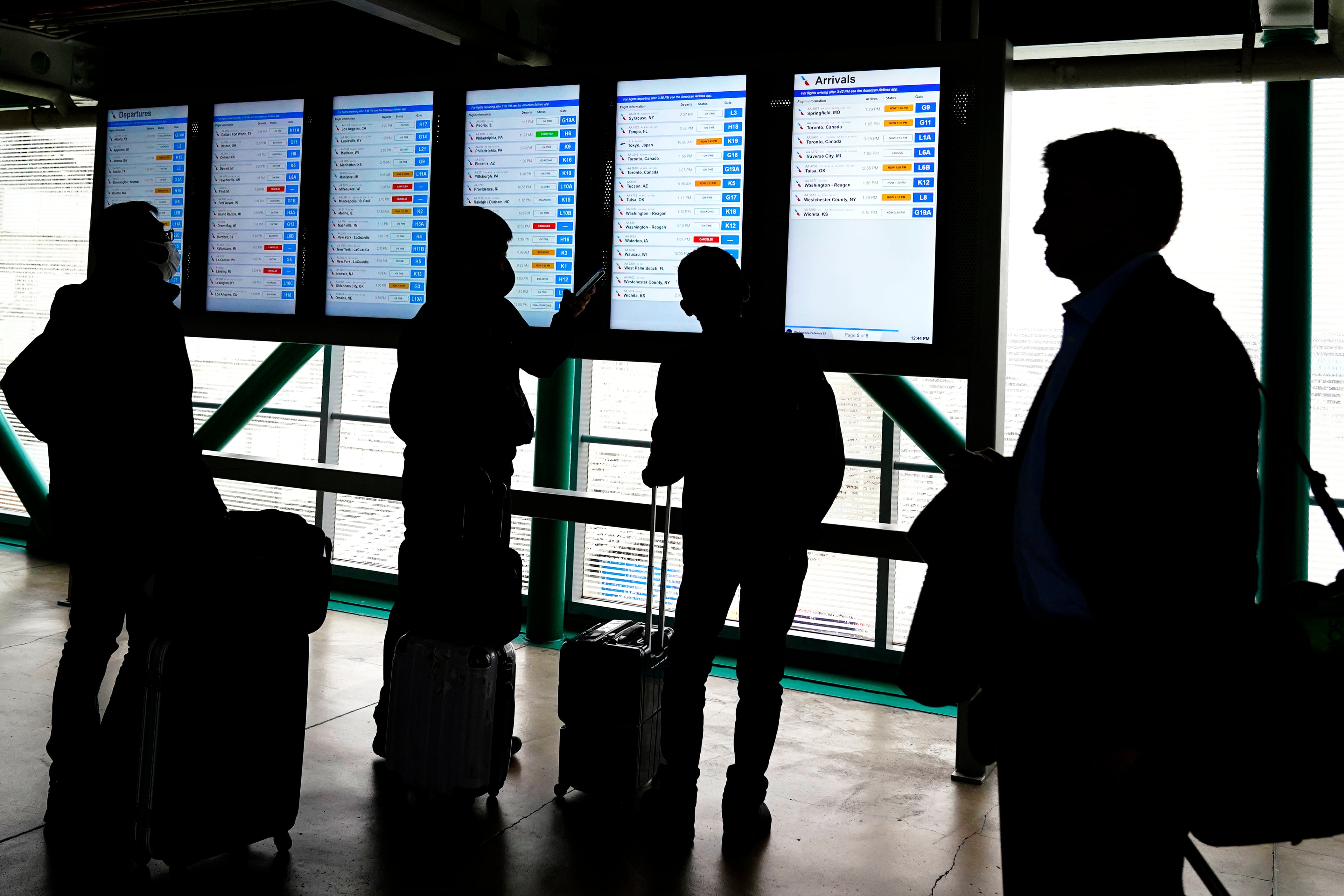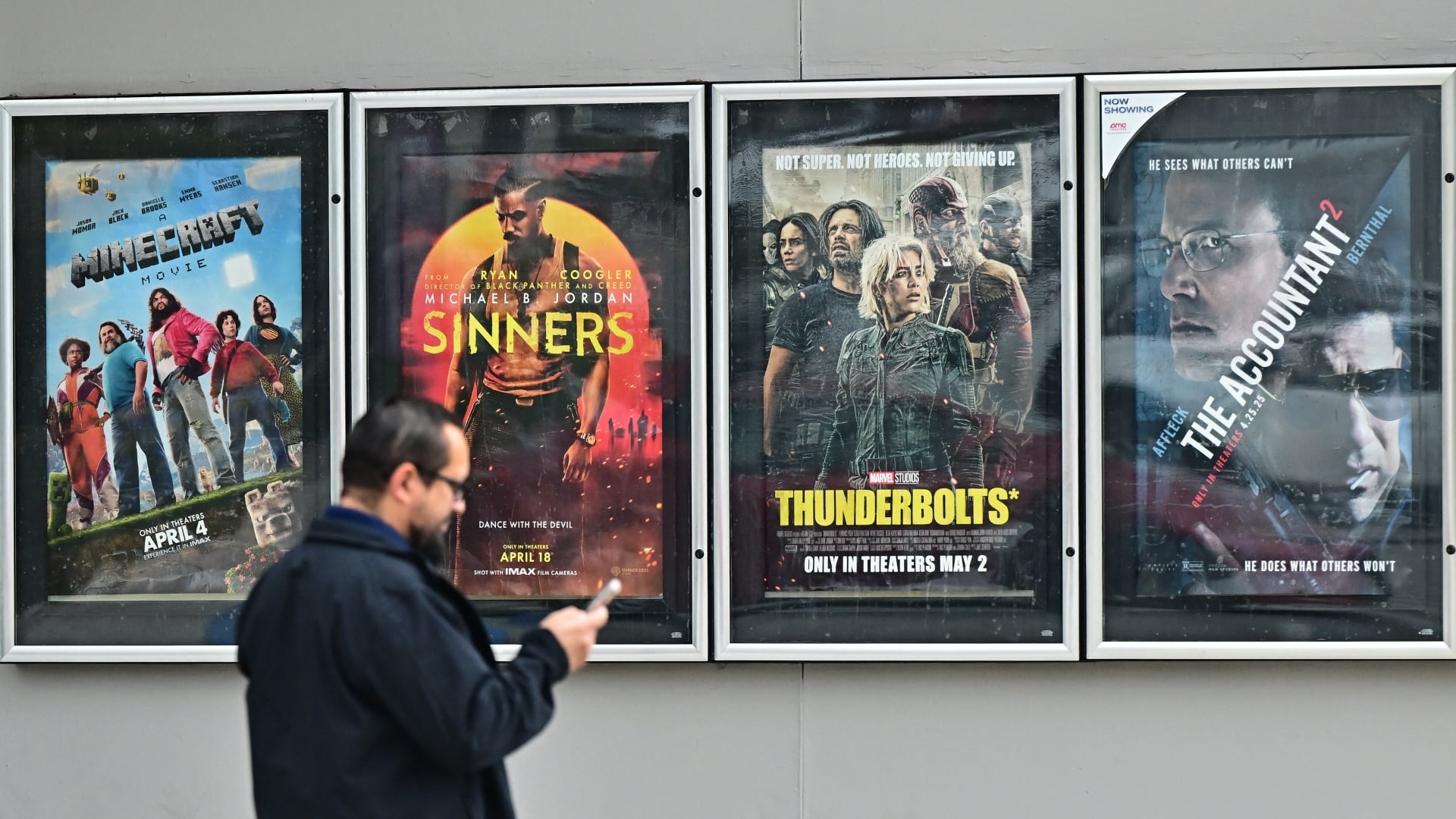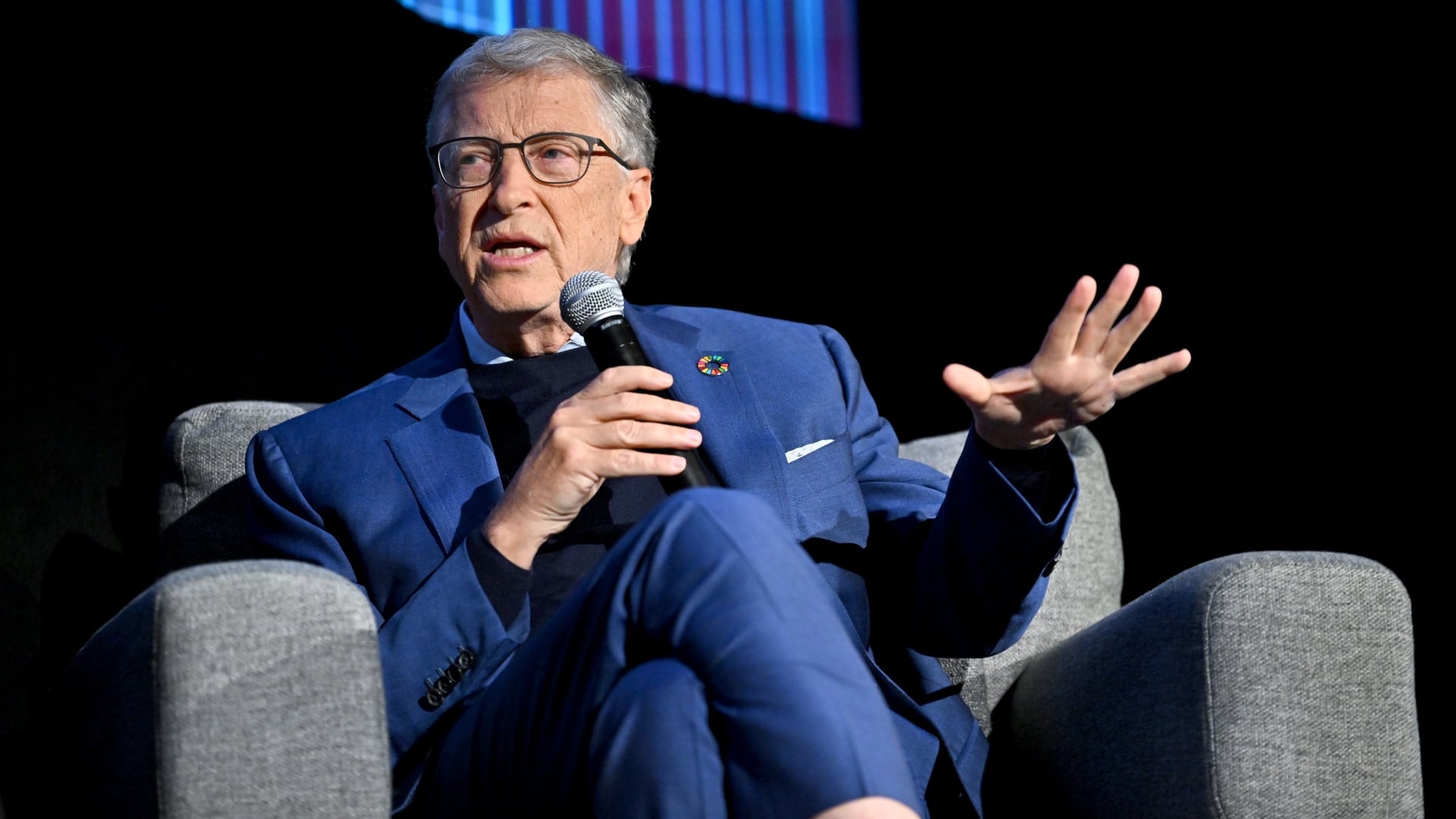From Wall Street to Silicon Valley, these are the top stories that moved markets and had investors, business leaders, and entrepreneurs talking this week on Cheddar.
MANIC MARKETS: Equity markets in the U.S. had among the most volatile weeks in modern history ー huge swings down, then up, then down again ー reacting to the vicissitudes of the $2 trillion economic stimulus package as it wound its way through Congress, but also reacting to the continued economic fallout of the coronavirus pandemic. The markets clawed back a little ground after spending all day in the red Friday, but we'll have to keep an eye on the futures to see if President Trump's signing of the stimulus bill after the market close gave any confidence to investors.
MILLIONS OF JOBS CUT: Sometimes, those reactions were the opposite of what one might expect in normal times. On Thursday morning, the Dept. of Labor reported weekly jobless claims numbers, an economic data point that shows how many Americans filed for state unemployment benefits the week prior. Two weeks ago, the number was 281,000. Last week it was 3.3 million. The print was expected to be bad, with some analysts expecting as many as 7 million claims. Many economists suspect the real number is even bigger and will get bigger in the weeks ahead, as more businesses that serve the vast consumer economy are forced to lay off staff.
STIMULUS BILL SIGNED: The $2.2 trillion fiscal stimulus package, the largest in modern history, put together in record time in the Senate with a rare bout of bipartisanship quickly passed in the House Friday (although not without drama), and before dinner the president signed it. The bill earmarks direct cash payments of $1,200 to many American taxpayers at a cost of about $300 billion. Another $260 billion is earmarked for unemployment benefits. State and local governments will be able to access $340 billion, large corporations will have a pool of $500 billion, and small businesses can access $377 billion in lending. In a first, temporary, contract and "gig" workers will be able to access unemployment benefits through the end of the year.
AIRLINES BUOYED: A decent chunk of the stimulus is earmarked for the commercial aviation industry. Between the airlines, airports, and Boeing, the industry will be able to tap nearly $90 billion in aid. Carriers like American and United ー which are burning through cash even after steeply cutting service levels ー will share $25 billion in grants plus another $25 billion in loans. About $17 billion in loans is specifically earmarked for businesses "critical to national security," which essentially means Boeing. As a condition of the aid, airlines won't be able to lay off staff through September, will have to maintain service levels, and cannot buyback stock until late 2021.
GM FORCED TO MAKE VENTILATORS: The White House upstaged its own stimulus signing on Friday by announcing that the president is invoking the Defense Production Act to force General Motors to produce much-needed ventilators for COVID-19 patients. Although GM announced last week that it would start cranking out medical equipment for the government, there were signs Friday that the auto giant and administration couldn't come to an agreement. Midday Friday, GM and Ventec Life Systems re-committed to producing 200,000 ventilators and other PPEs. But, the president, apparently frustrated with how long negotiations were taking, ordered the company to shift gears anyway.









